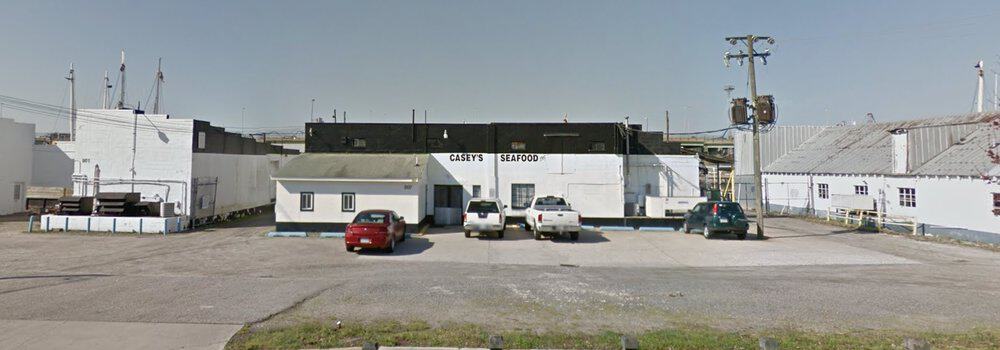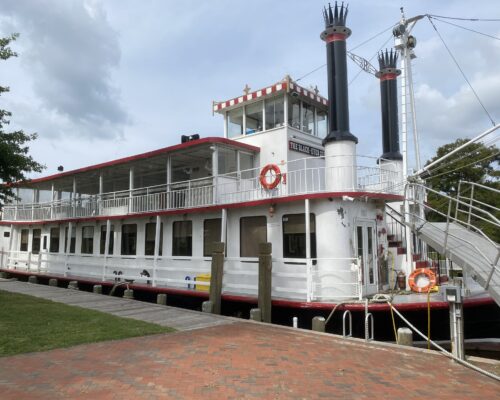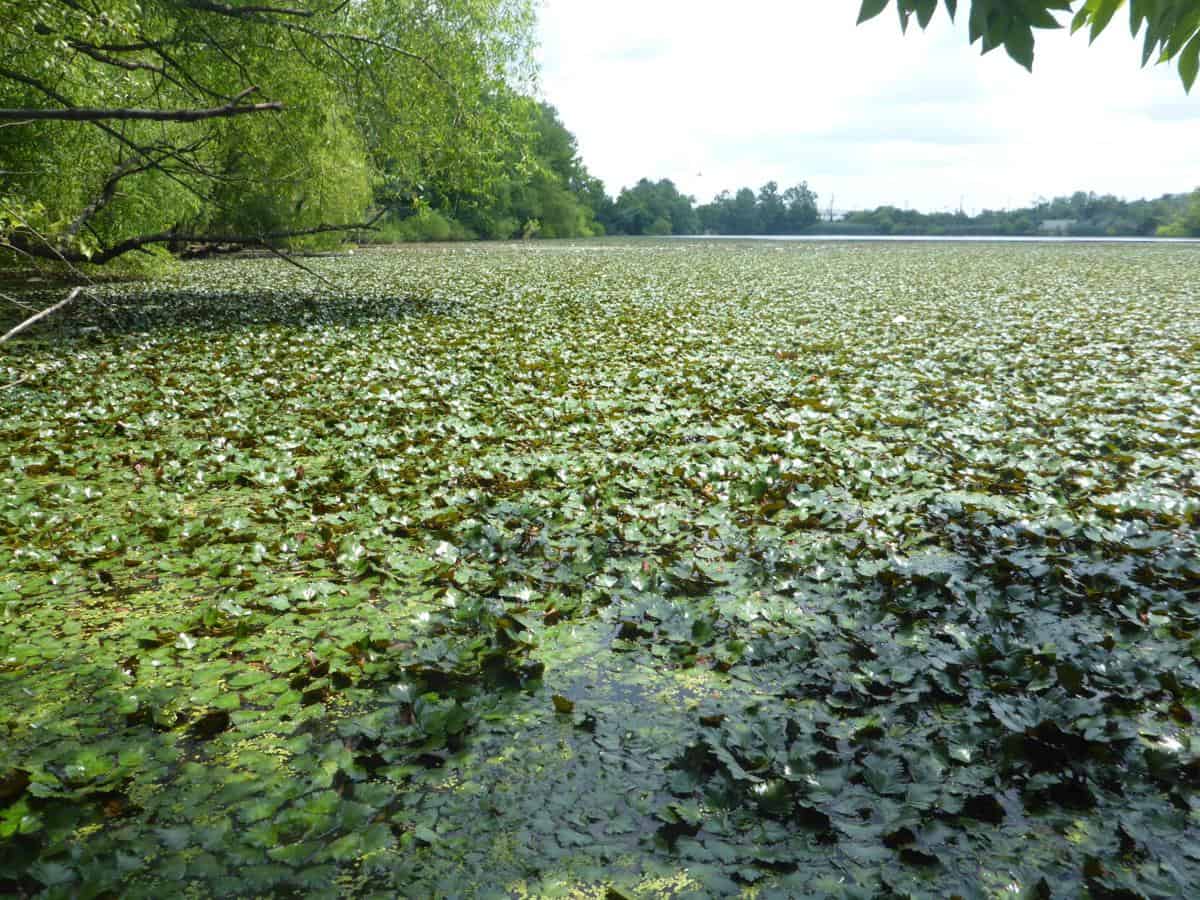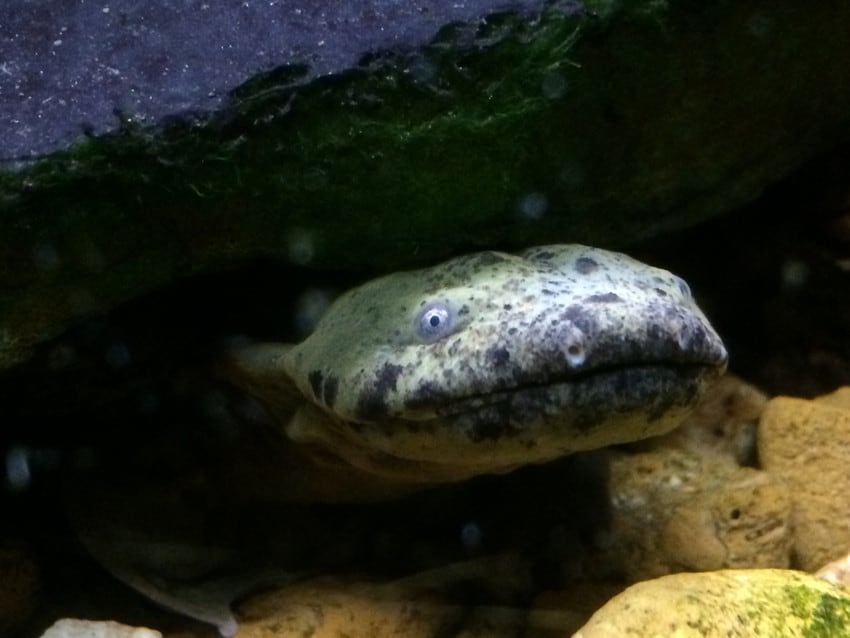The Newport News seafood wholesaler accused of passing off foreign crab meat as local— and making millions of dollars in the scheme— has pleaded guilty.
James Casey of Poquoson, Virginia, owner of Casey’s Seafood Inc., pleaded guilty to conspiring to substitute foreign crab meat for Atlantic blue crab, and admitted to falsely labeling more than 183 tons of crab meat, which was sold in grocery stores like Harris Teeter and Farm Fresh.
As Bay Bulletin reported back in January, Casey apparently told employees to mix foreign crab meat with domestic crab in containers marked “Product of USA” and to cover up labels reading “Product of Brazil” or “Product of China.”
As part of this week’s plea, Casey admitted that some of the foreign crab meat was “distressed”: bought at a discount because it was approaching or beyond it’s “best used by” date. Prosecutors say Casey admitted to directing workers “re-condition” the distressed crab meat by re-pasteurizing it, and then packaging the meat into the company’s “Product of USA” containers.
According to prosecutors, Casey revealed that the conspiracy started in 2010, when a decline in the blue crab population made crab prices spike, and Casey’s Seafood couldn’t process enough Atlantic blue crab to meet customer demands. It went on until 2017.
“During the periods when the company did not process blue crab—which sometimes lasted three months—the co-conspirators purchased crab meat (not live crabs) from Indonesia, China, Thailand, Vietnam, and other foreign locales,” according to the U.S. Attorney’s Office.
The foreign crab meat included species of crab that don’t even live in the waters of the continental U.S.
“Mr. Casey conspired to replace Atlantic Blue Crab with crab meat from Indonesia, China, Thailand, Vietnam, and Central and South America,” said U.S Attorney G. Zachary Terwilliger for the Eastern District of Virginia. “Casey falsely labeled nearly 400,000 pounds of crab meat with a retail value in the millions of dollars. This fraud causes real financial harm to economies here in the region, and threatens to tarnish the good name of the waterman who have worked these waters for generations.”
The case was part of a crackdown on false crab meat labeling by the Department of Commerce’s National Oceanic and Atmospheric Administration Office of Law Enforcement, in coordination with the Food and Drug Administration, Department of Homeland Security, The Virginia Marine Police, and the Department of Justice
Casey will be sentenced on January 9, 2019. The maximum sentence for conspiracy to falsely label crab meat is five years in prison and a fine of up to half the gross gain of the offense.
-Meg Walburn Viviano




